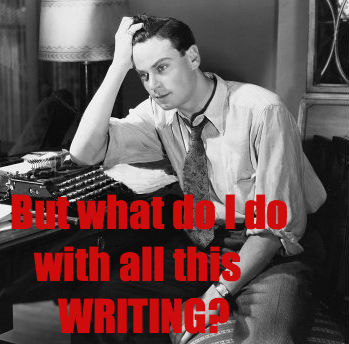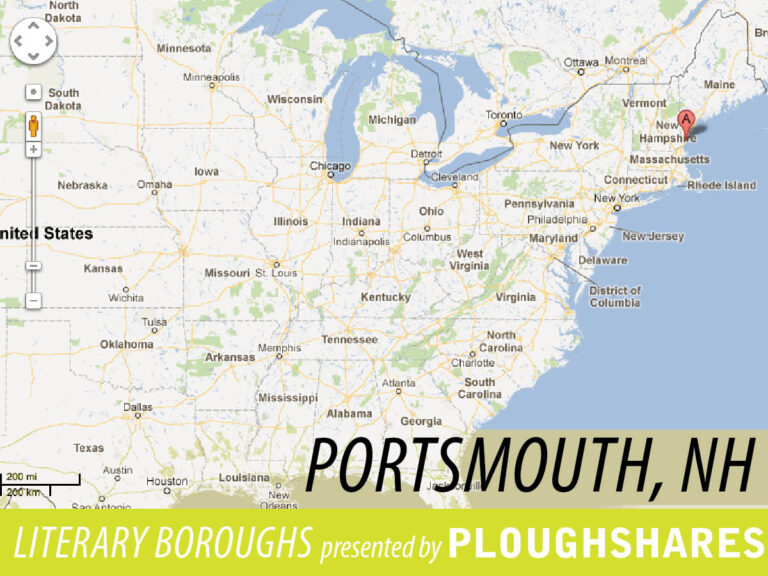“Letting Myself Make Less Sense”: An Interview with Wendy Wisner
Wendy Wisner writes from the heart about parenthood, from pregnancy and childbirth to the joyous hard work of raising children. In her poems and prose, she evokes the wonders and struggles of daily life as a mother in language that is clear and sharp, tender yet honest about the complications of our connections across generations. Wendy is the author of two books of poems, Morph and Bloom and Epicenter, as well as a chapbook of prose poems, Another Place of Rocking. She has also written articles about motherhood and breastfeeding for a variety of publications, including Scary Mommy, Club Mid and The Washington Post. Wendy is a board certified lactation consultant (IBCLC) and a mother of two. We caught up over email to talk about her most recent book of poems, and how her prose writing influences her poetry.
Matthew Thorburn: Morph and Bloom really captures the thoughts and feelings of parenthood and childhood—how the two weave together, especially as we become parents and recall our own childhoods. How did Morph and Bloom come together as a book manuscript?
Wendy Wisner: Wow, you got what I was trying to do there precisely! For me, new motherhood was sort of terrifying, and brought up a lot of questions. Would I be able to give my children a good childhood? Would I repeat the mistakes of my parents? I was flooded with memories—my present life melding and intersecting with my past. There was also so much going on from a sensory perspective: changes in my body, breastfeeding, sleep disruptions. All of this was good material for poems!
Finding time as a new mother was difficult. The book was written over my son’s first five years, when he was the entire center of my universe—and it ends when I got pregnant with my second child. I spent a week one summer sitting down with the big pile of poems I had written over those years, and figured out how they spoke to each other. The structure was loosely chronological: pre-pregnancy, pregnancy, the baby years, the toddler years (and a section about a miscarriage), but I also tried to play around with the structure a bit. Poems were obsessively taken out and put back in until I had something I liked well enough.
MT: In addition to poems, you also write engaging essays, which share many of the same themes and concerns as Morph and Bloom, though of course the two modes of writing are very different. How do your poem and essay writing inform each other? Is it always clear to you that something will become a poem rather than an essay, or vice versa?
WW: A few years ago, I became a lactation consultant, and started a blog where I wrote about breastfeeding and parenting. A post I wrote on my blog about breastfeeding toddlers went sort of viral, and was picked up by Scary Mommy, a well-known parenting site. Since then, I’ve written for a bunch of parenting sites, including The Washington Post’s section on parenting, Brain, Child Magazine, and Babble. Over the past year, I have started to make a small living as a freelancer, and recently became a staff writer for Scary Mommy. I’m enjoying this kind of writing very much: it’s fun, interesting, and it’s amazing being able to write something that millions of people read. Also, it’s the first time in my life that I have been consistently paid as a writer. Being paid to write has been a big deal for me, and is quite exciting.
But writing articles for parenting websites is very different from writing poems, at least for me. I do feel that I put my heart into the articles, and that I utilize my understanding of language, structure, and voice that I learned from writing poems. But poems come from a very different part of my psyche. Poems are far more visual (both on the page, and in the language they use). They contain nuance, mystery, sound, and music.
I haven’t been writing as many poems lately. I feel pretty confident that I will again soon. But I need to get into a real groove with my freelance writing, and figure out how I can slip in a week or two where I can just write poems, and clear the other stuff out of my head. I finally understand why poets need writing retreats: it really can take that long sometimes to get back in the world of your poems.
MT: What are you working on now? What’s next for you?
WW: I have a new stack of poems I’m working on, which is mostly a disorganized mess! I would say one of the themes is motherhood, again. Marriage too. I have a longish poem about California (where my parents moved as they were breaking up). The poems feel different than my others. I’m experimenting with language in new ways. I’m trying to let myself make less sense, meander into dream and image more. It’s exciting, and I hope I can find a time soon to really hone these poems, and put together a new manuscript.
MT: What have you read recently that moved you?
WW: I will tell you with terrible guilt that I don’t get to read nearly enough. Between motherhood and work, I have almost zero free time. I recently (finally) read my friend Kelli Russell Agodon’s most recent book, The Hourglass Museum. I was blown away by the generosity in her words. Each poem felt like a gift to the reader. I loved seeing her complicated, questioning mind at work. The poems felt stranger, riskier than Kelli’s previous books, and I realized that’s somewhere I want to go with my new work.

